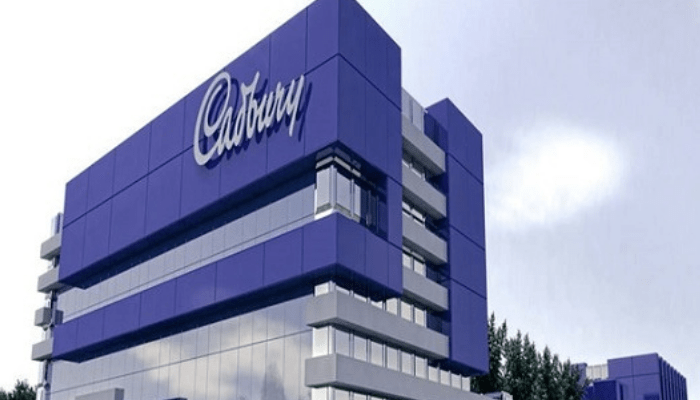Cadbury Nigeria Plc has reported a pre-tax loss of N3.423 billion for Q2 2024, a significant improvement from the N10.457 billion loss recorded in Q1.
This has moderated the half-year 2024 loss to N13.880 billion, which is 4.5 percent lower than the loss recorded in the same period in 2023.
The company reported a pre-tax loss of N28.157 billion in 2023, a stark contrast to the pre-tax profit of N1.298 billion achieved in 2022.
Given the improved performance in Q2, Cadbury Nigeria Plc might be on a path to exit the loss recorded in 2023
However, several factors will influence this outcome, including continued revenue growth, effective cost management, hedging against foreign exchange losses, and overall market conditions in the remaining quarters of 2024.
Revenue growth has been impressive. In Q2, revenue grew by 46 percent YoY to N27.745 billion, helping the half-year revenue to N51.440 billion, representing 45 percent YoY growth.
The revenue was driven significantly by domestic sales accounting for more than 88% of the total revenue.
Despite the impressive revenue growth, the high cost of sales has been particularly impactful.
In Q2, the company recorded its highest quarterly cost of sales for the year at N23.150 billion, reflecting a 95% year-on-year growth and pushing the half-year cost to N41.853 billion, which is more than half of the total cost of sales for the entire year of 2023.
This contributed to the decline in gross profit and margin. While the gross profit declined in both Q1 and Q2, leading to an overall year-on-year decline of 6.28 percent to N9.587 billion, the gross profit margin dropped by 350 basis points to 19 percent in H1 2024.
Aside from the high cost of sales and overheads, foreign exchange losses have been impactful.
The company reported N36 billion in foreign exchange losses in 2023, with over 80 percent of it realised.
The trend continued early in 2024, with a realised foreign exchange loss of N13.4 billion in Q1 pushing the half-year foreign exchange loss to N15.76 billion. This primarily contributed to the loss.
These forex losses significantly impacted the company’s overall profitability, adding to the challenges posed by high costs of sales and overhead expenses.
Essentially, the unfavourable exchange rate movements have compounded the company’s financial difficulties, making it harder to achieve positive financial results.
The reduction in both realised and unrealized foreign exchange losses in Q2 2024 compared to Q1 2024 and 2023 is a positive sign for Cadbury Nigeria Plc.
The relatively low FX losses in Q2 are likely because a greater percentage of the foreign exchange losses were already realised in Q1.
This front-loading of losses can help in managing and mitigating future risks, leading to a more stable and predictable financial performance for Cadbury Nigeria Plc in the remaining quarters of 2024.
If the trend of reduced FX losses continues, it can contribute to a positive earnings trend for the remaining quarters of 2024.
This can improve investor confidence and potentially support a higher stock price. CADBURY has been bearish this year with a YtD loss of 2.63 percent, in contrast to the 2023 YtD gain of 59.66 percent.
Despite being currently unprofitable, Cadbury enjoys a high valuation as reflected in its price-to-book ratio of 7.46x.
This means that investors are willing to pay 7.46 times the book value, indicating high market expectations and a strong valuation based on future growth prospects, intangible assets, and positive market sentiment.
To justify this high valuation in the long term, Cadbury Nigeria Plc must demonstrate tangible improvements in profitability, cost management, and overall financial health.
High expectations may not materialise, and the high P/B ratio could be unsustainable if the company fails to improve its profitability.

